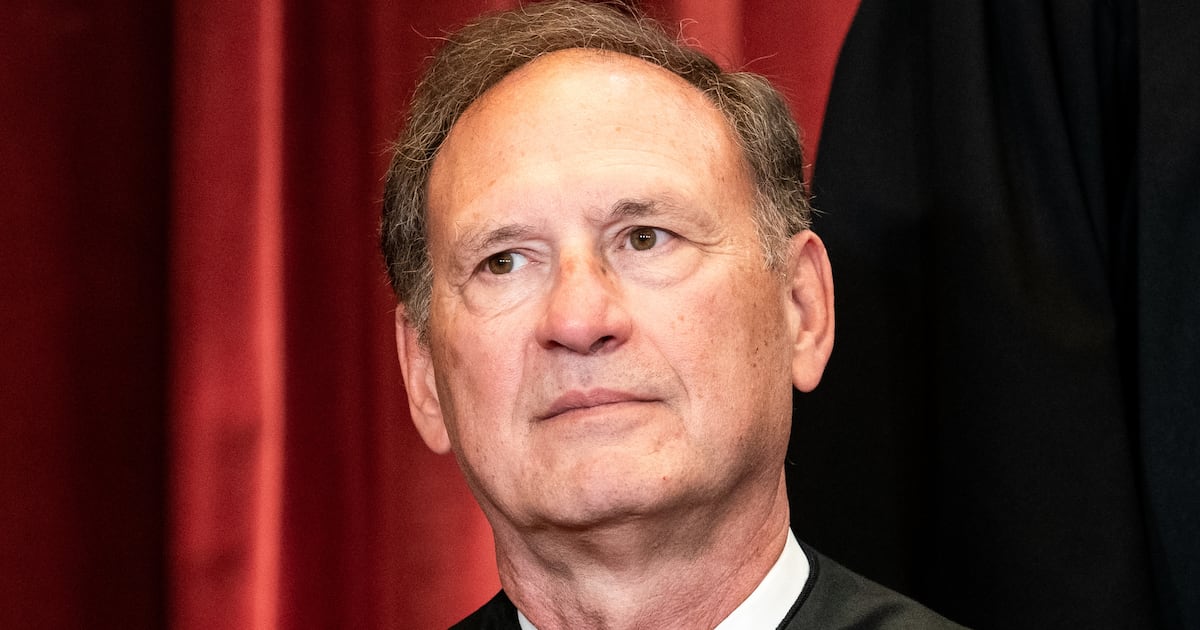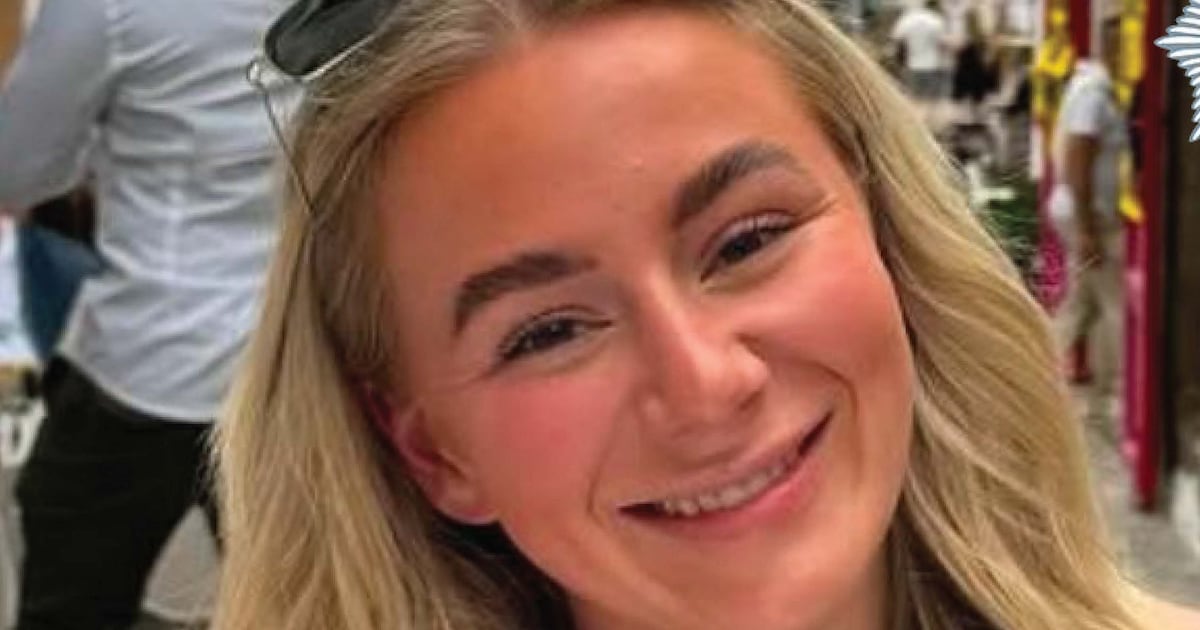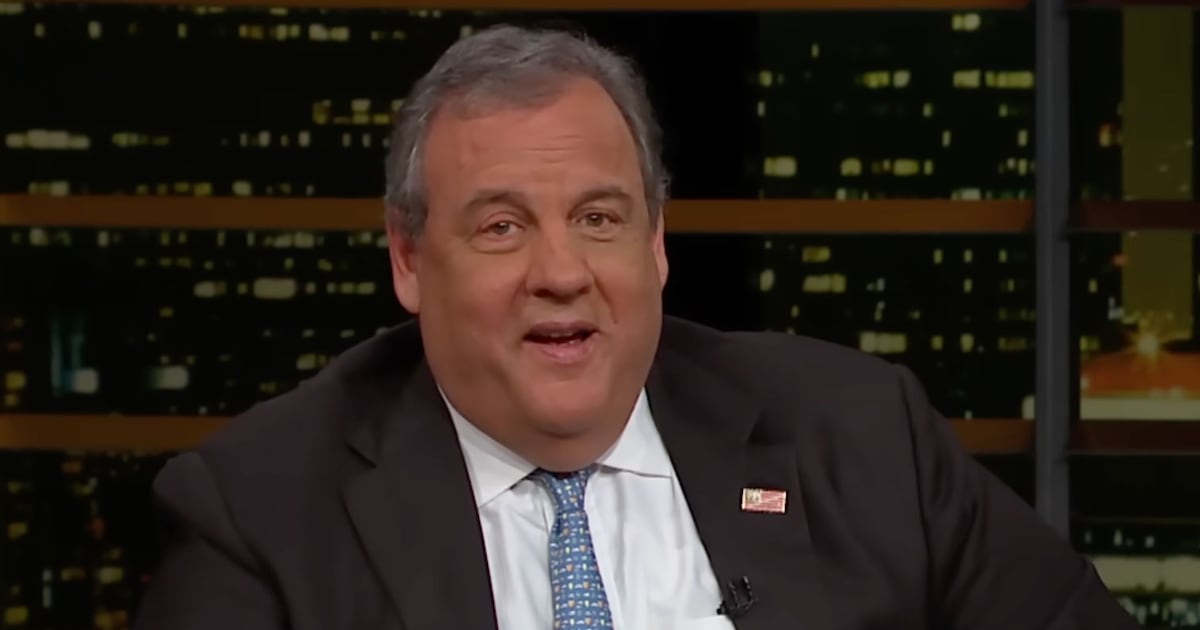Baylor University admitted Thursday that administrators discouraged reports of sexual assault on campus, even going so far as to retaliate against one accuser.
These details and more came from an independent investigation ordered by the school’s board of regents into how the Texas university handled reports of sexual assault, especially accusations against football players. The report found a “fundamental failure” by the school to obey federal laws to protect female students and a belief the winning football program was “above the rules.”
In response to the report, the board of regents fired football coach Art Briles, sanctioned athletic director Ian McCaw, and removed Kenneth Starr as president, effective May 31.
The report does not specify the circumstances of the retaliation or by whom it was perpetrated.
Briles brought the school its first outright conference championship since 1980, notching 50 wins since becoming head coach in 2008. Starr, who gained national notoriety as the independent investigator looking into Bill Clinton during his affair with Monica Lewinsky, will stay on at Baylor as the chancellor and professor at its law school.
The report compiled by law firm Pepper Hamilton investigated three years of the university’s response by interviewing more than 65 employees and students, both former and current, as well as analyzing emails, phone records, and other official documents.
The report found a complete failure by the Starr administration “to identify and train responsible employees under Title IX.” The “overwhelming majority of cases did not move forward to an adjudicative hearing, with only an extremely limited number of cases resulting in a finding of responsibility or significant sanction.”
The response wasn’t just passive to complaints but actively hostile to some.
“Actions by a University administrator within [Baylor University Police Department] and an administrator within an academic program contributed to, and in some instances, accommodated or created a hostile environment, rather than taking action to eliminate a hostile environment,” the report said vaguely but chillingly.
The Baylor football team and athletics department were singled out for acting as a rogue state within the university, beholden to its own laws.
In several instances, the report said, “football coaches or staff met directly with a complainant and/or a parent of a complainant and did not report the misconduct.”
Many times the football program affirmatively chose to not to report sexual assault complaints to the university, but rather investigate itself.
“Football staff conducted their own untrained internal inquiries, outside of policy, which improperly discredited complainants and denied them the right to a fair, impartial and informed investigation, interim measures or processes promised under University policy,” the report found.
The Bears allegedly operated “an internal system of discipline,” completely separate from the university’s protocols for dealing with sexual assault. The report called the football program’s handling “fundamentally inconsistent with the mindset required for effective Title IX implementation.” Coaches, staff members and administrators relied on “individual judgment” instead of the law. It resulted, according to the report, in “conduct being ignored.”
The report did not name any specific football players, but several men and their cases have been made public in recent years. Sam Ukwuachu’s is the most egregious.
Ukwuachu, a defensive end, was thrown off the Boise State football team in May 2013 for allegedly punching out a window during a fight with his live-in girlfriend and threatening their roommate’s life. (The girlfriend later told a Waco, Texas jury he punched her in the head and choked her.)
The violent behavior at Boise State didn’t stop Baylor from letting Ukwuachu come play for the Bears. In fact, Ukwuachu said Coach Briles "knew everything" before bringing him on, according to Texas Monthly. Boise State officials said they spoke to Briles personally, detailing Ukwuachu’s history, adding that they “did not support any waivers to get the player back on the field.”
Five months after he left Boise State, Ukwuachu raped a female soccer player at Baylor. (Ukwuachu was convicted of sexual assault against the woman in 2015.) Even after Ukwuachu was indicted in the assault, he was allowed to continue “conditioning work” with the team, the magazine reported. Briles told the media he was allowed only to participate in that capacity because he was having “some issues.”
Baylor settled with Ukwuachu’s victim after his criminal trial for an undisclosed sum.
In two other publicly known incidents involving Baylor football, linebacker Tevin Elliott was convicted of two counts of sexual assault in 2014 and defensive end Shawn Oakman was arrested last month on a sexual-assault charge. Elliott was sentenced to 20 years in prison.
Jasmin Hernandez, the victim in Elliott’s case, filed a suit against the school last month alleging Baylor officials showed “indifference” when she tried to report her assault.
“We were horrified by the extent of these acts of sexual violence on our campus,” Richard Willis, chair of the board of regents, said Thursday. “This investigation revealed the University’s mishandling of reports in what should have been a supportive, responsive and caring environment for students.”
Starr released a statement on Thursday afternoon claiming that he knew nothing of "any allegations regarding interpersonal violence" until last fall, despite the fact that Elliott's very public conviction occurred in 2014. According to the Waco Tribune-Herald, Starr said that he "immediately launched" an internal investigation upon learning of "allegations" in 2015, before recommending the external review. "I happily remain a part of Baylor Nation," he wrote, adding that this has been "an exceedingly difficult time" for the school. "To those victims who were not treated with the care, concern, and support they deserve, I am profoundly sorry."
Other members of the both the athletics program and the administration have been dismissed, but Baylor says it does not intend to announce those changes publicly.
The school’s chief operating officer will also lead an executive task force on implementation, which will address the report’s recommendations regarding Title IX, public safety, and other changes. A new full-time position, Chief Compliance Officer, will also work toward that end.






